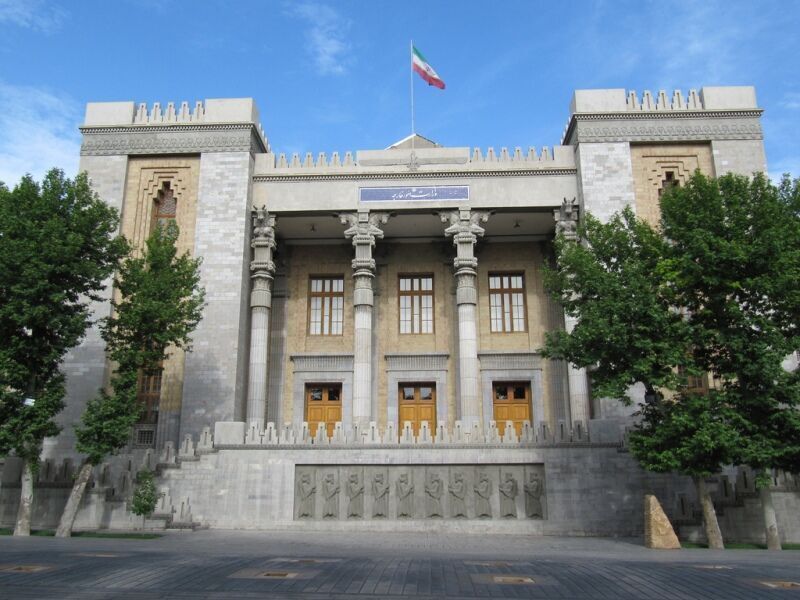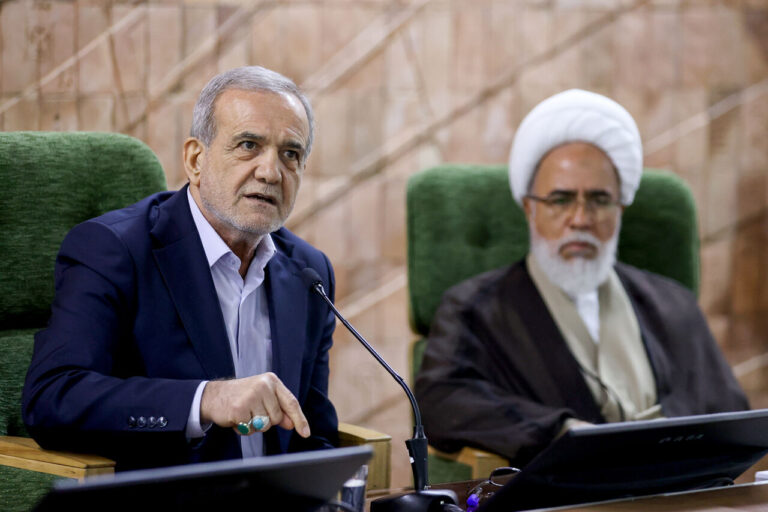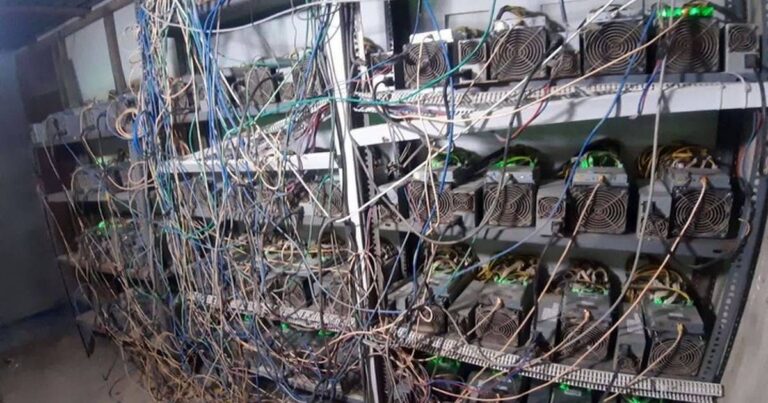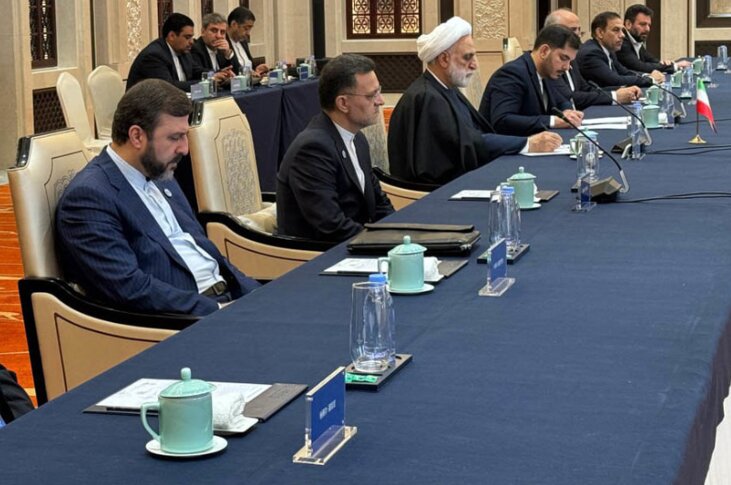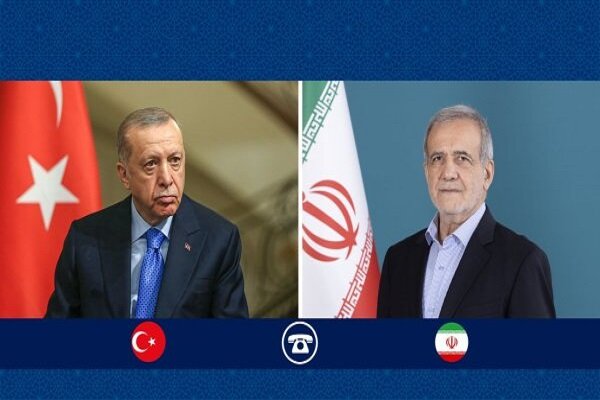Iran Calls in Polish Charge d’Affaires Following Controversial Remarks by Foreign Minister
In recent developments, the Iranian government has taken a significant diplomatic step by summoning the chargé d’affaires of Poland to Tehran. This action comes in direct response to the anti-Iran statements made by a senior Polish diplomat, highlighting the escalating tensions in international relations.
The Ministry of Foreign Affairs of Iran expressed its concerns through Mahmoud Heydari, the Deputy Minister and Director General of Mediterranean and Eastern European Affairs. During this meeting, an official protest was lodged against Marcin Wilczek, the head of the Polish mission, regarding the biased and baseless statements made by the Polish foreign minister.
Key points of the diplomatic incident include:
- The Polish diplomat’s promise to relay the concerns to his government.
- Escalating tensions linked to the display of an Iranian drone wreckage at the 2025 Conservative Political Action Conference (CPAC).
- Statements made by Radosław Sikorski, suggesting Iran-Russia cooperation poses a global threat.
The CPAC event was strategically organized to foster an anti-Iran atmosphere and support the Western narrative framing Iran as a threat. Reports indicate that:
- The wreckage of a drone, allegedly shot down by the Ukrainian army, was brought to the U.S. with assistance from Polish officials.
- This operation involved collaboration with the Union Against Nuclear Iran, an organization known for its anti-Iran stance.
Media sources in the U.S. have reported that the drone, identified as Shahed, was utilized by Russia during the conflict in Ukraine. In response to these claims, the European Union and the United States have imposed sanctions on Iran, accusing the nation of supplying drones to Russia. However, the Islamic Republic firmly denies any arms sales for use in the Ukraine war, asserting that the drones were provided to Moscow prior to the onset of hostilities.
Despite the tensions, Iran has recently clarified its position regarding the sale of drones. The country noted that there is no legal prohibition against selling its drones, including the Shahed model. As stated in a message from Iran’s mission to the UN, “The Shahed drone is among the world’s most advanced unmanned aerial vehicles, possessing exceptional reconnaissance, surveillance, and operational capabilities, while maintaining an extremely cost-effective price.”
This diplomatic incident underscores the complexities of international relations and the ongoing discourse surrounding Iran’s military capabilities and geopolitical alliances.
